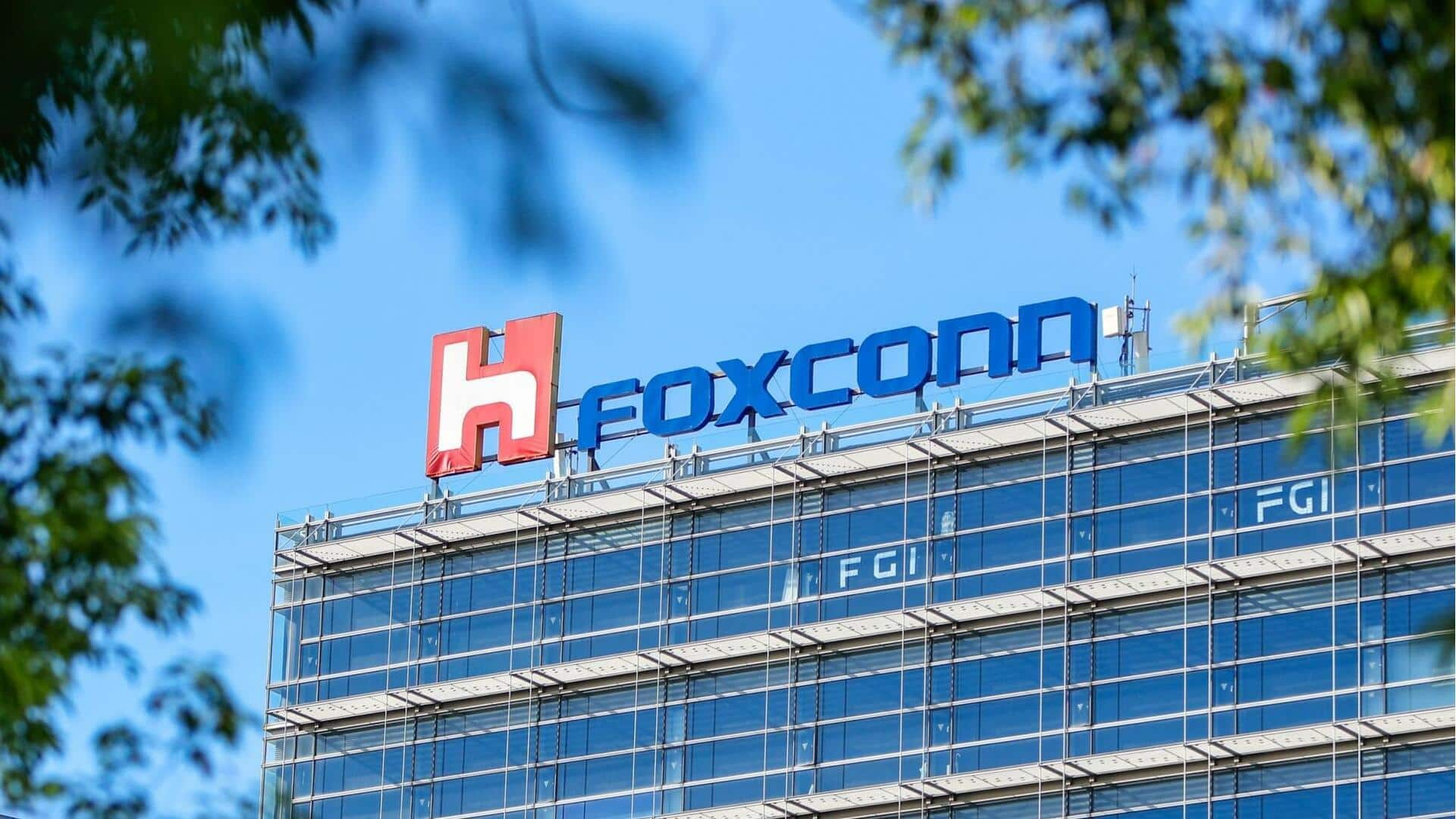
iPhone-maker Foxconn launches satellites on SpaceX rocket: What it means
What's the story
Foxconn has launched two prototype low-Earth orbit (LEO) satellites aboard a SpaceX rocket from Vandenberg Space Force Base, California. This is a significant milestone for the Taiwanese electronics manufacturer, showcasing its expansion into new sectors like satellite technology to cater to the increasing demand for space-based communication systems. Foxconn's primary focus is on creating satellites for corporate and government clients, setting itself apart from Elon Musk-led SpaceX, which has deployed over 5,000 LEO satellites for its Starlink satellite internet constellation.
Details
Satellites co-developed with Taiwan's National Central University
The LEO satellites, jointly developed with Taiwan's National Central University, are roughly the size of a backpack and weigh approximately 9kg each. Equipped with cameras, communication tools, and other devices, these satellites are designed to orbit Earth at an altitude of 520km every 96 minutes. Notably, since taking charge from founder Terry Gou in 2019, Foxconn Chairman Yang Liu has focused on diversifying its portfolio, targeting industries such as electric vehicles, digital health, robotics, artificial intelligence, semiconductors, and communication satellites.
Scenario
Challenges in satellite business and government support
Interestingly, Foxconn is the world's biggest iPhone maker. Tim Farrar, president of California-based Telecom, Media and Finance Associates, noted Apple requires millions of iPhones every quarter, but LEO satellite customers have longer intervals between orders. This makes satellite business outcomes less reliable for outsourcing manufacturers like Foxconn. Nevertheless, Farrar suggests government contracts could offer some stability to Foxconn as Taiwan plans to launch its first LEO communication satellite as part of a strategy to establish space-based alternatives to undersea cables.
Insights
Foxconn's electric vehicle business could provide supplementary assistance
Foxconn's electric vehicle (EV) division could also serve as an additional support system to the satellite business, as EVs necessitate real-time communication technology. Jason Wang, a Foxconn analyst at Masterlink Securities Corp in Taipei, told Bloomberg, "If they want to export this business, they at least need to have an infrastructure in place to demo the technology in Taiwan." Foxconn's experience in electronics and the knowledge acquired from producing smartphones, gaming consoles, and other devices should aid in this transition.